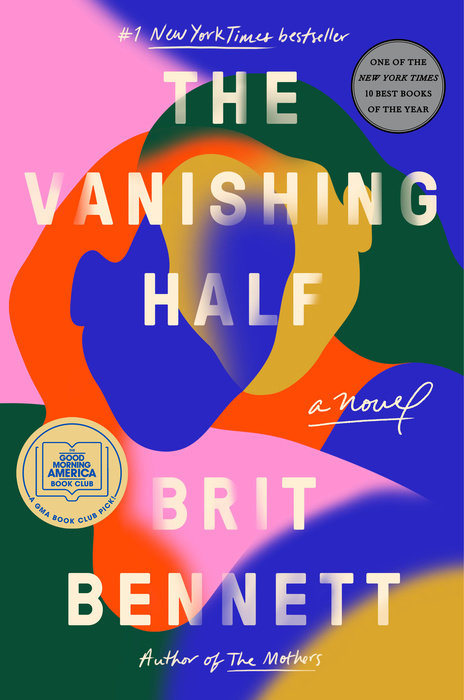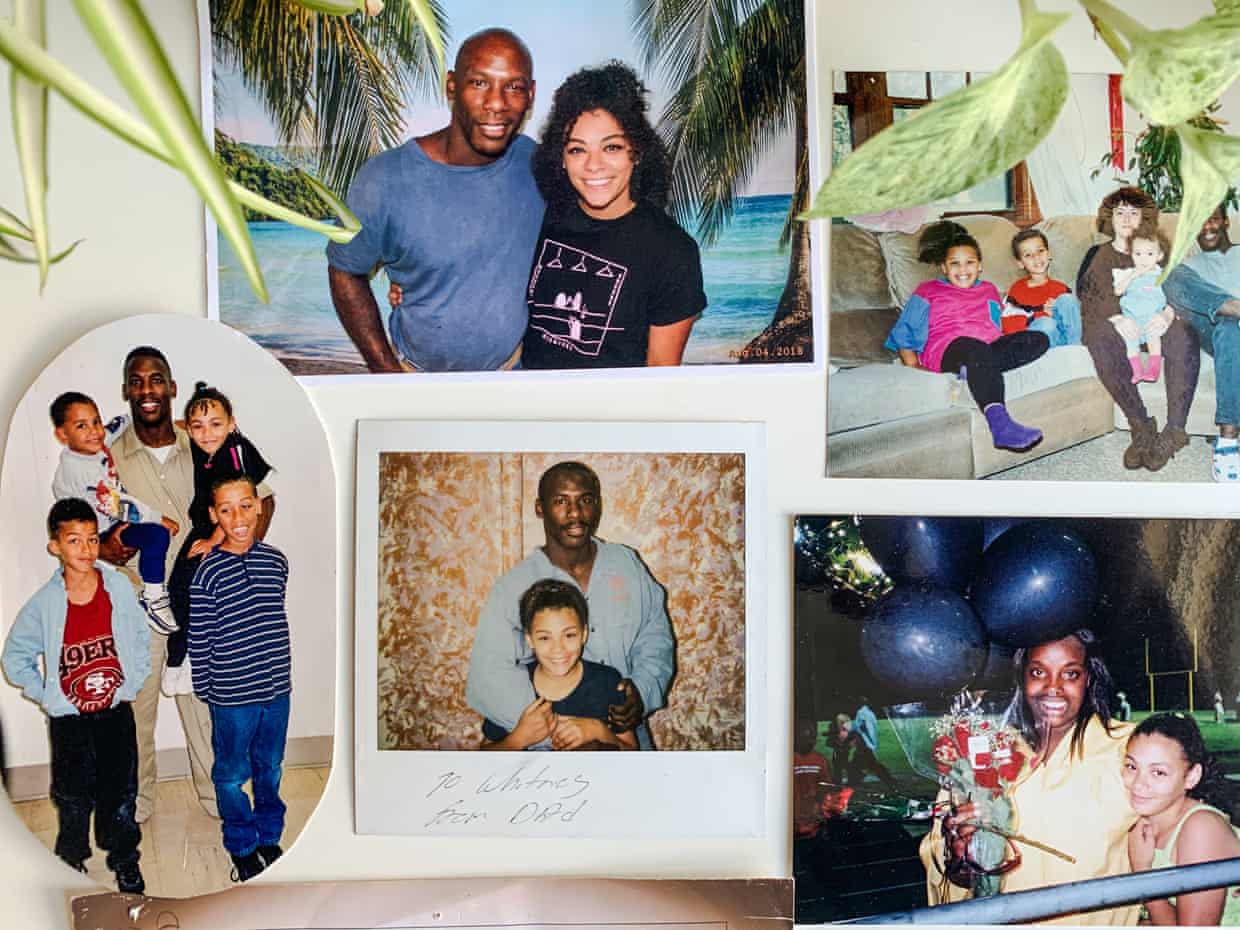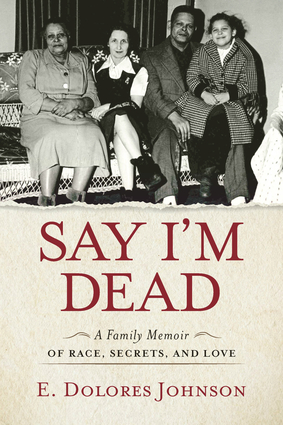I’m a black man with white privilege. I see how it distorts America.Posted in Articles, Autobiography, Media Archive, Passing, Social Justice, United States on 2020-06-14 20:31Z by Steven |
I’m a black man with white privilege. I see how it distorts America.
The Washington Post
2020-06-11
Steve Majors
Takoma Park, Maryland
 A demonstrator speaks to the crowd on a bullhorn during a protest against racial inequality. (Kevin Mohatt/Reuters) |
I walk a racial tightrope. It’s one I’ve struggled to balance on for my entire life. But over the past several weeks, I’ve felt myself teetering. I’m black and outraged that racism continues to kill black people like George Floyd, Ahmaud Arbery and Breonna Taylor while burdening the lives of so many others in our country. But I know that I am not one of those people. I know the freedom of moving through a world that magically removes many barriers from my life and shields me from harm — all because of my ability to pass as white.
My skin tone has given me white privilege. For more than five decades of the journey across my tightrope, I’ve had what feminist researcher Peggy McIntosh calls an “invisible weightless knapsack of special provisions, maps, passports, codebooks, visas, clothes, tools, and blank checks.” These are the tools of white privilege, unwanted and conferred on me at birth by a white father who had a fleeting relationship with my divorced black mother. I was the youngest of five and grew up with older siblings in a large, extended black family. They were quick to remind me that what they jokingly called my “light, bright, almost-white skin” did not grant me any special advantage in our family. But they and I could see that wasn’t going to be the case in the outside world.
I want to assure my white friends that white privilege is real, because I benefit from it every day. And I want to explain to my black family that even though this knapsack that whites carry is invisible, weightless and present from birth, it’s possible to teach yourself that it’s there. I say that not so I can seek forgiveness for myself or offer absolution for any others. It’s to explain why so many claim to be blind and unfeeling to something that has been present throughout the history of this country. Even as I continue to reap its benefits, I am ashamed of the white privilege I carry around because I know it comes at the expense of others who have every right to the same opportunities, advantages and freedoms…
Read the entire article here.








